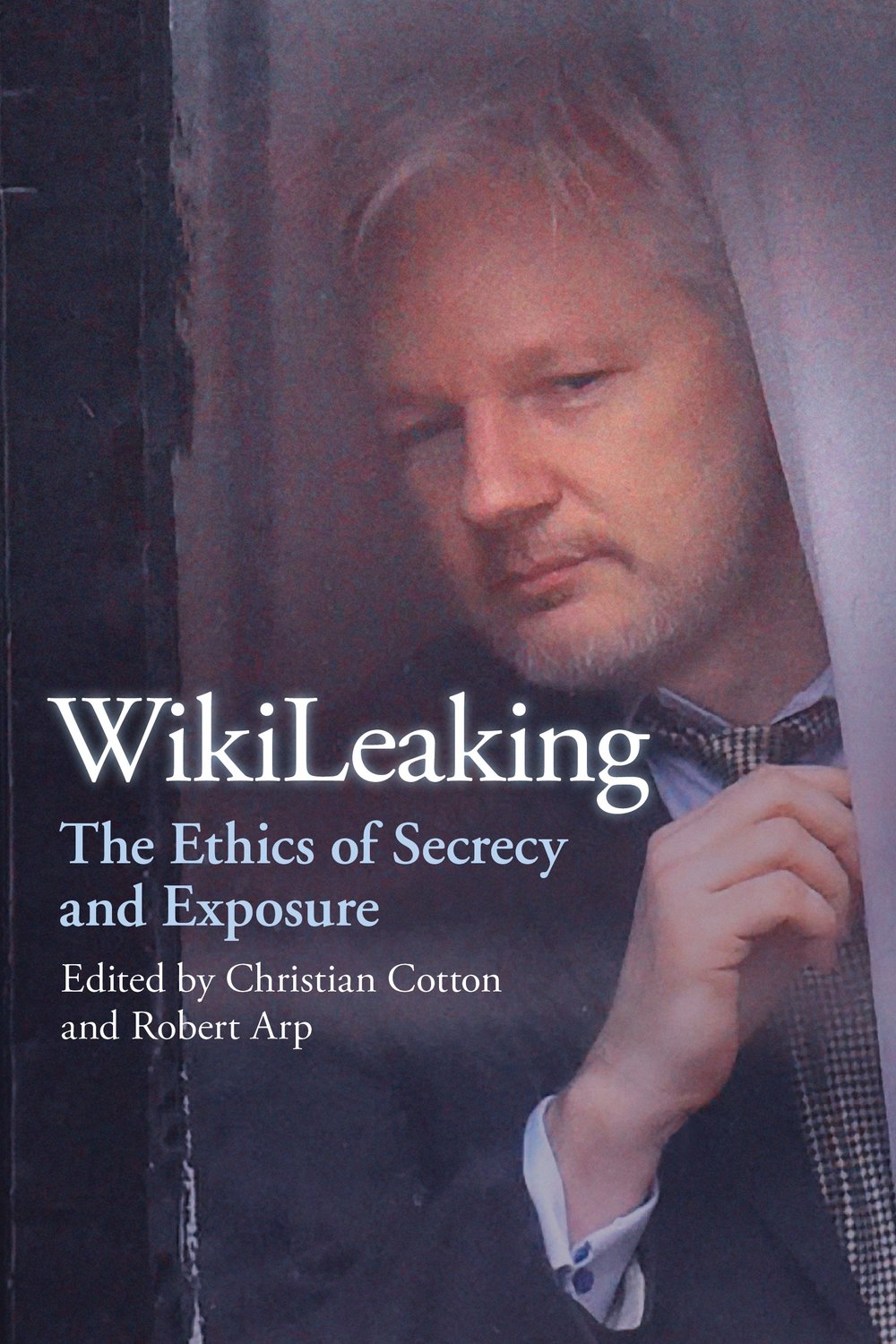WikiLeaking
The Ethics of Secrecy and Exposure

WikiLeaks is famous — or infamous — for publishing secret material, including classified government documents, confidential videos and emails, and information leaked by whistleblowers, some of them anonymous, others revealing their identities. WikiLeaks claims to have compiled a database of more than ten million 'forbidden' documents. Its founder and leader, Australian activist Julian Assange proclaims that the public is entitled to the truth and that 'information wants to be free.'
WikiLeaks activities have polarized opinion, with some claiming its operations are traitorous and harmful, and others defending its releases as necessary exposure of wrongdoing.
In WikiLeaking: The Ethics of Secrecy and Exposure, professional philosophers with diverse opinions and backgrounds deliver their provocative insights into WikiLeaks.

Christian Cotton is an independent scholar and freelance author. He has been a philosophy instructor at Piedmont College and the University of Georgia. Robert Arp has written and edited innumerable philosophy books, both scholarly and popular, including Hamilton and Philosophy: Revolutionary Thinking (2017), 1001 Ideas that Changed the Way We Think (2013), andScenario Visualization: An Evolutionary Account of Creative Problem Solving (2008).
